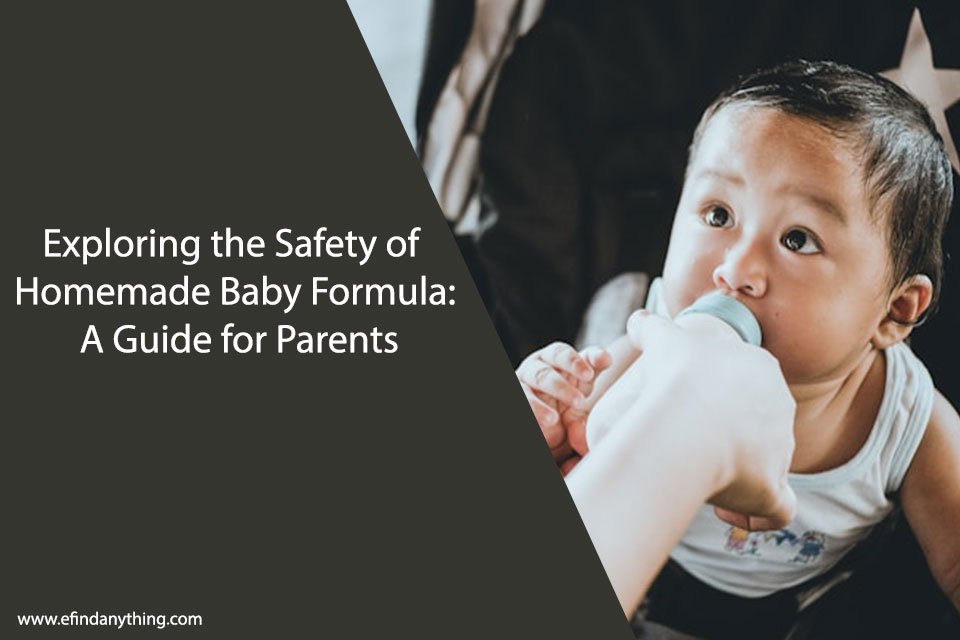
As parents, ensuring the safety and well-being of our little ones is always a top priority. When it comes to feeding our babies, many of us carefully consider options, including whether to use store-bought formula or explore the possibility of homemade alternatives. In recent years, there has been growing interest in homemade baby formula recipes, fueled by concerns over the ingredients found in commercial formulas and a desire for more natural alternatives. However, before embarking on the homemade route, parents must thoroughly understand the risks and benefits involved.
Table of Contents
The Debate Surrounding Homemade Baby Formula
The safety of homemade baby formula is a topic that sparks much debate among parents and healthcare professionals alike. While some advocate for the use of homemade formulas as a way to control the quality of ingredients and avoid additives found in commercial products, others caution against the practice due to concerns about nutritional adequacy and the risk of contamination.
Nutritional Concerns and Considerations
One of the primary concerns surrounding homemade baby formula is the risk of nutritional deficiencies. Unlike organic baby formulas, which are carefully formulated to meet the nutritional needs of infants, homemade recipes may not provide adequate amounts of essential nutrients such as protein, fat, carbohydrates, vitamins, and minerals. Even minor deviations from the recommended ratios of these nutrients can have severe consequences for a baby’s health and development.
Contamination Risks and Food Safety
Another issue to consider is the potential for contamination. Homemade baby formula recipes often call for ingredients such as raw milk, which can harbor harmful bacteria such as Salmonella, E. coli, and Listeria. Improper handling or storage of these ingredients can increase the risk of foodborne illness, posing a severe threat to an infant’s immune system. Additionally, homemade formulas may lack the necessary sterilization processes used in commercial production to ensure product safety.
Consulting with Healthcare Professionals
While there is undoubtedly an appeal to the idea of providing babies with homemade, wholesome alternatives to store-bought formula, parents need to approach the decision with caution and skepticism. Before considering homemade baby formula, parents should consult with a pediatrician or registered dietitian to discuss the potential risks and benefits and ensure that any recipes meet their baby’s specific nutritional needs.
Exploring Alternative Options
For parents concerned about the ingredients found in commercial formulas, alternative options are available. Many organic and specialty formulas are now on the market, offering parents a middle ground between homemade and store-bought options. These formulas are often free from artificial additives and preservatives and may be suitable for parents looking for a more natural alternative.
Prioritizing Safety and Well-being
In conclusion, while the idea of homemade baby formula may seem appealing to some parents, it’s essential to approach the decision with caution and prioritize your baby’s safety and nutritional needs above all else. Before embarking on the homemade route, consult a healthcare professional to discuss the potential risks and benefits and explore alternative options that may better meet your baby’s needs. Ultimately, the safety and well-being of your little one should always be the guiding factor in any feeding decision.





